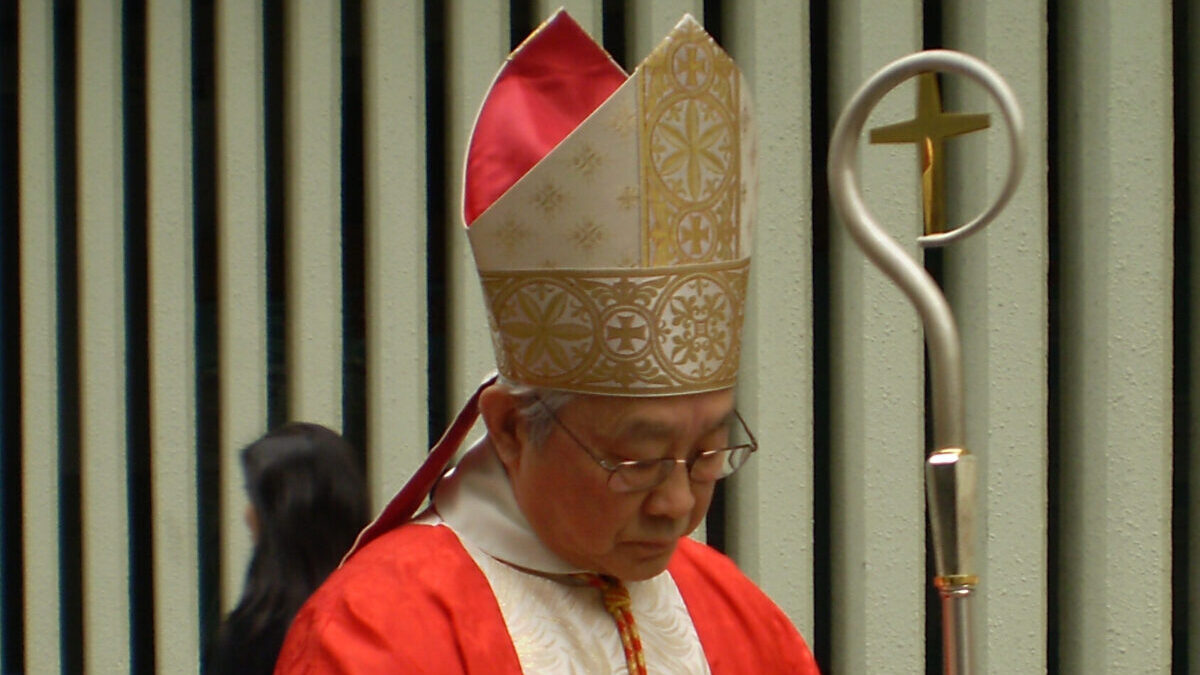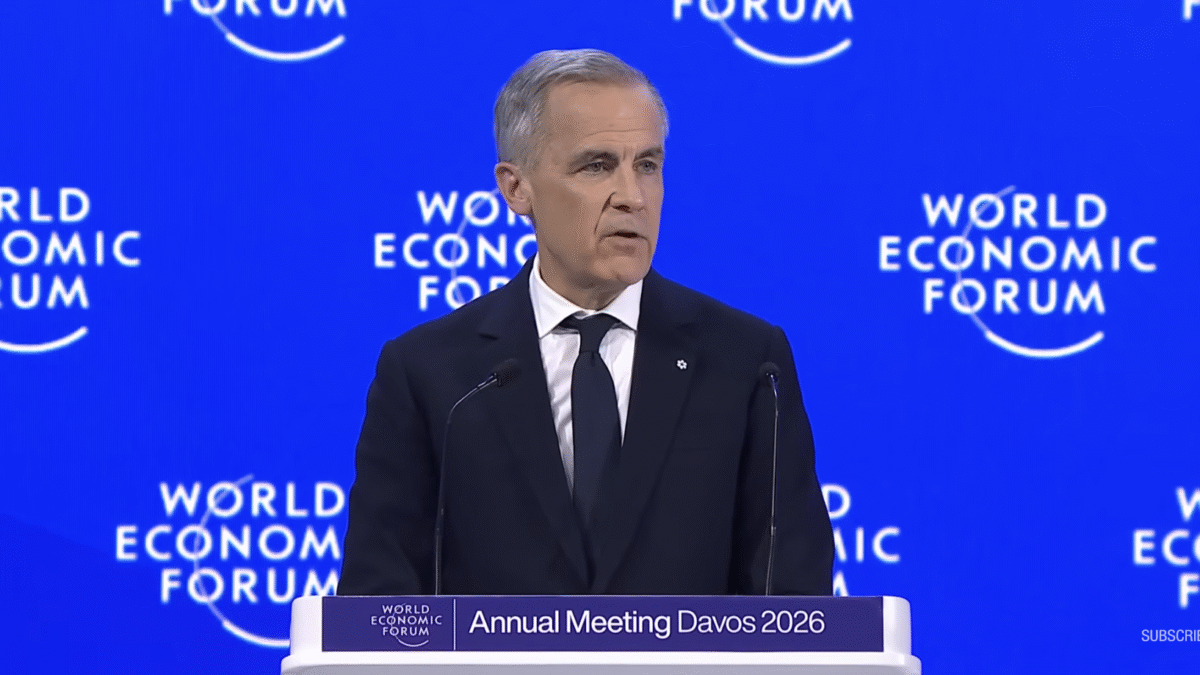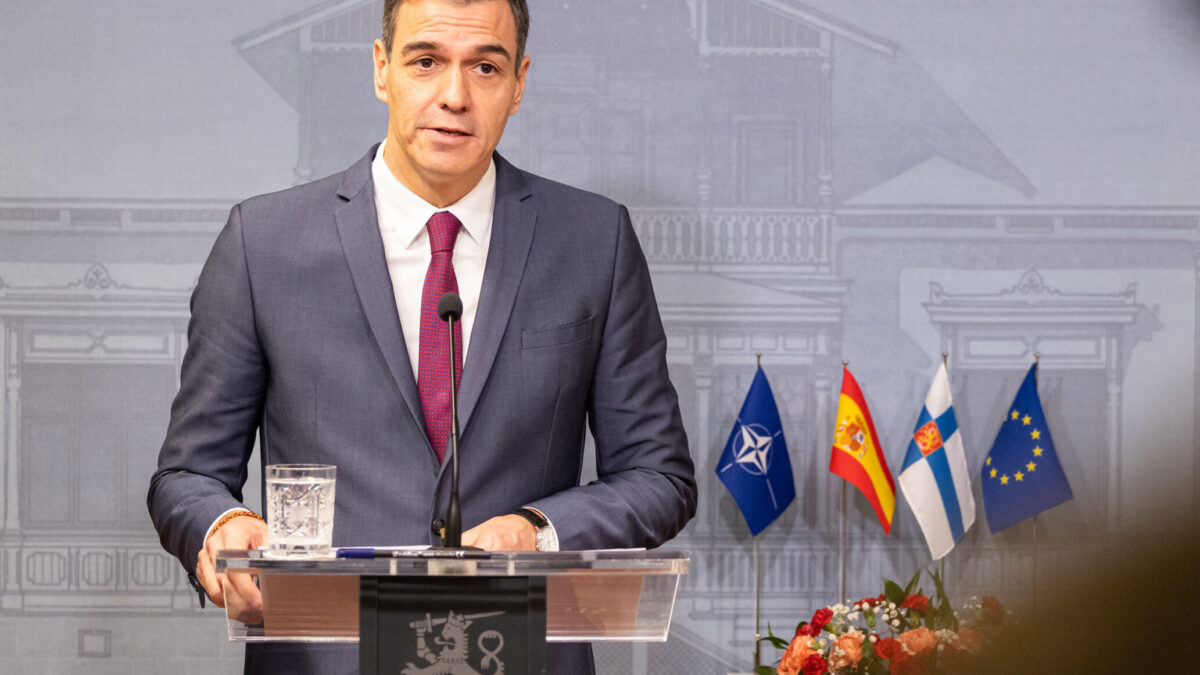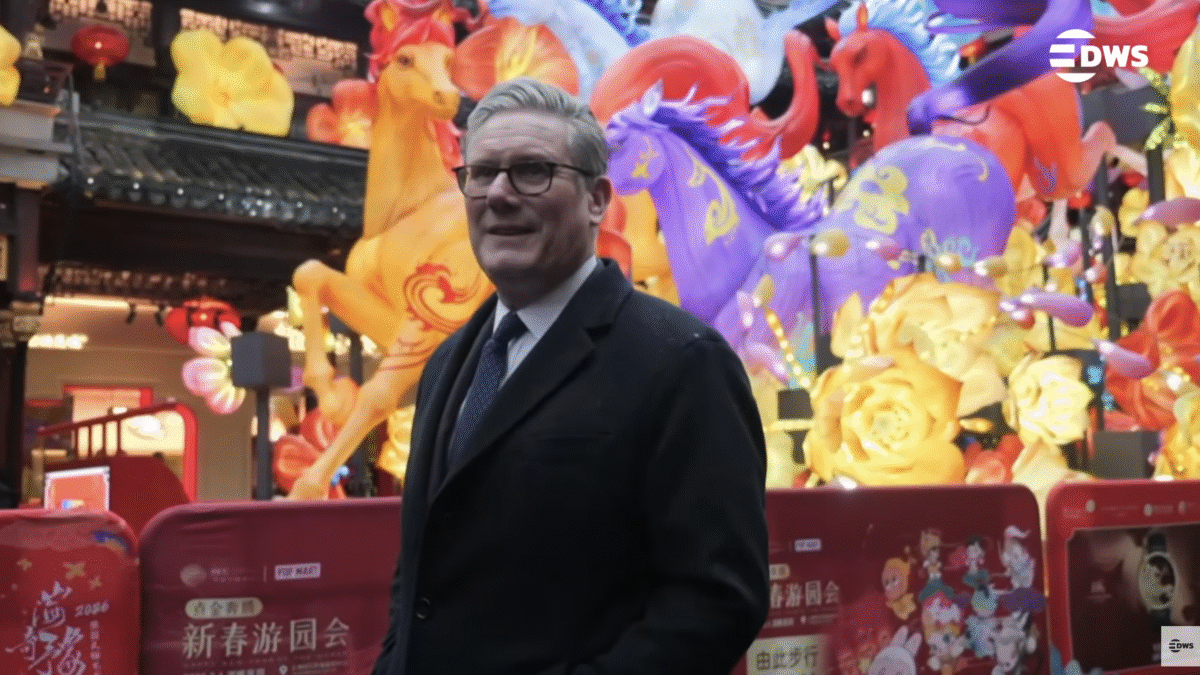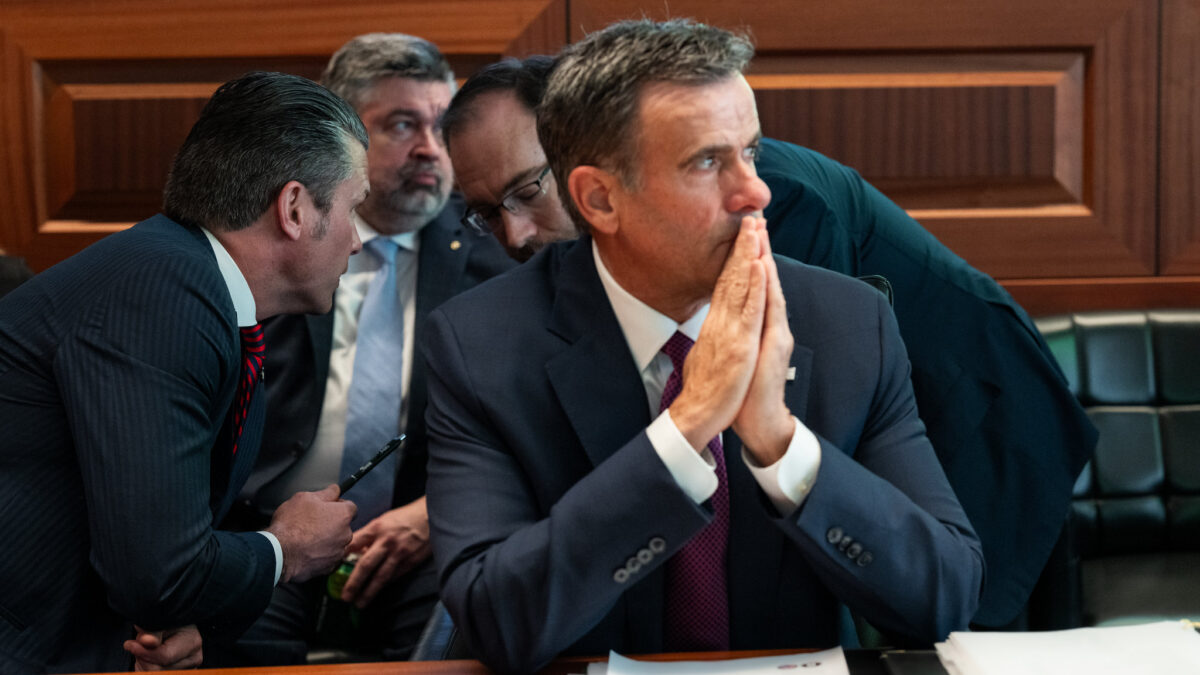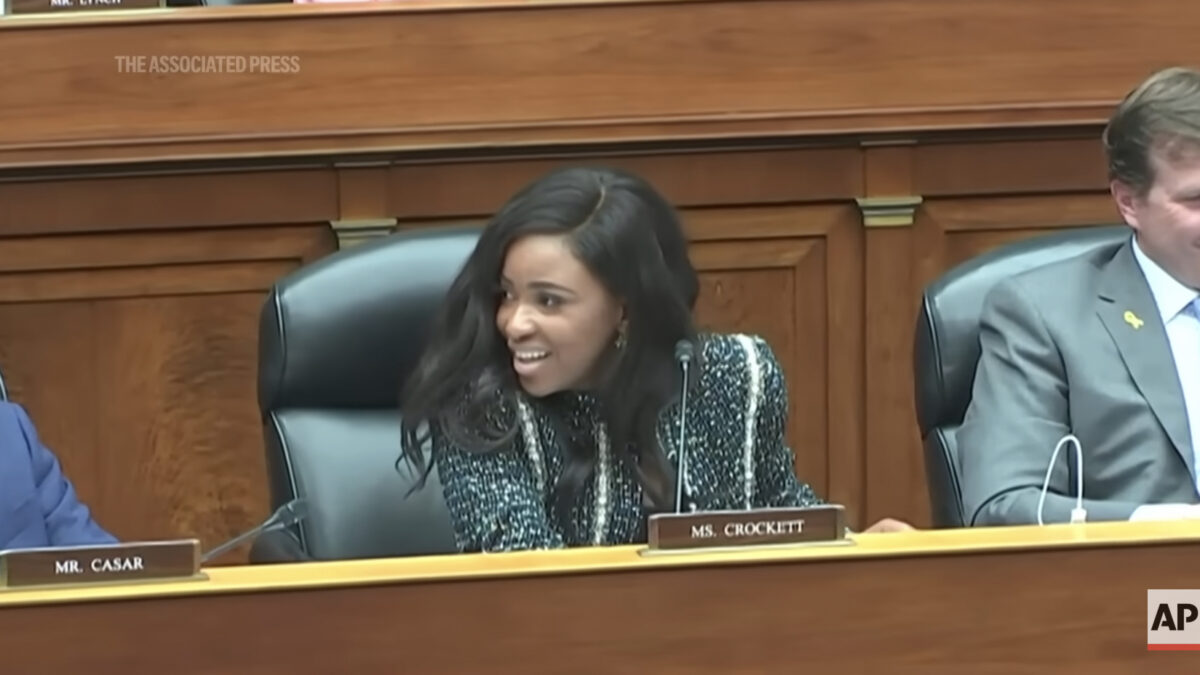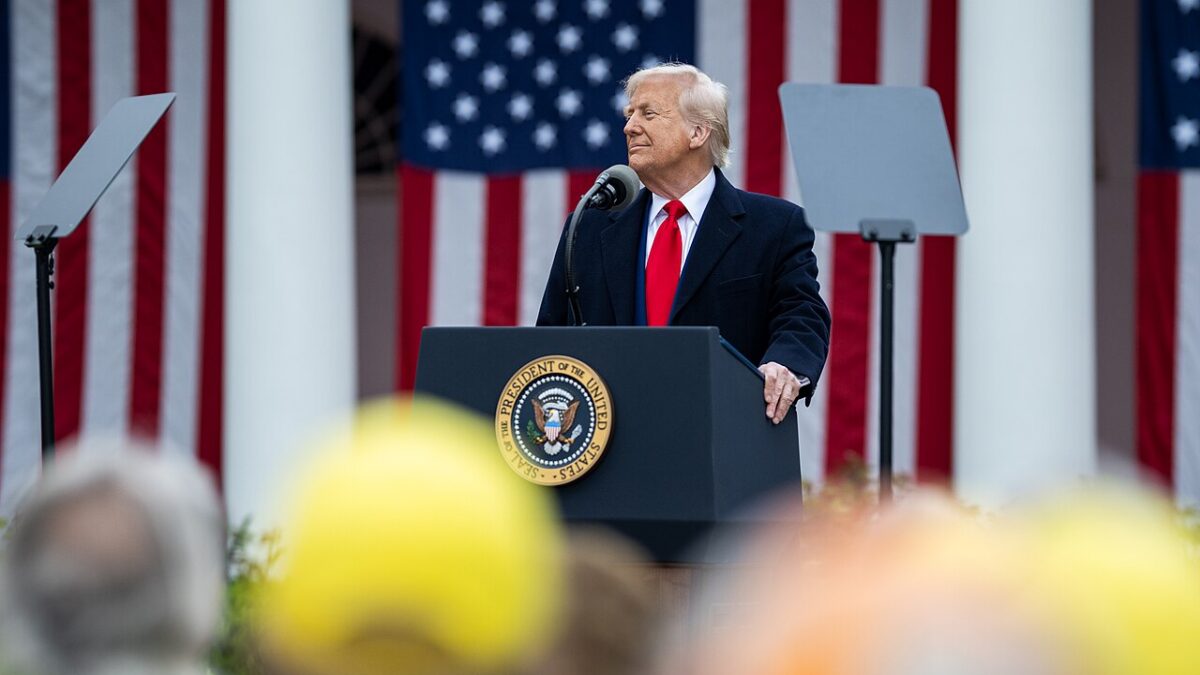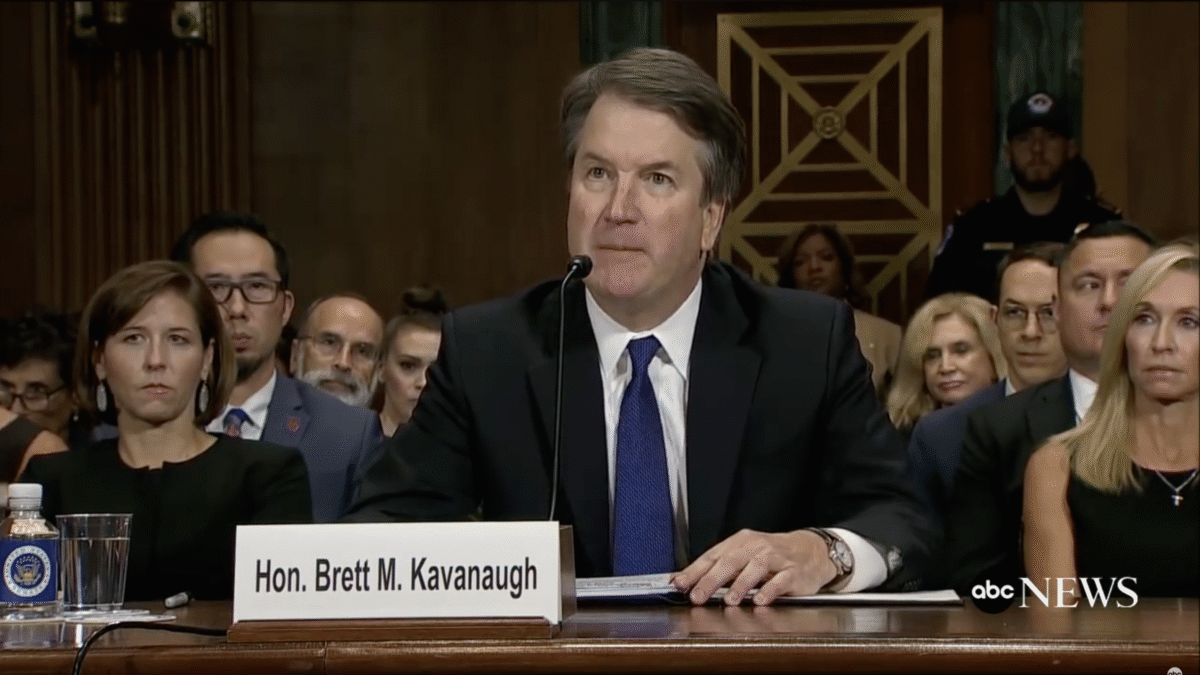The May arrest of 90-year-old Catholic Cardinal Joseph Zen put Hong Kong’s religious community on edge. On Nov. 25, Zen and five others were found guilty of failing to register a now-defunct fund to support pro-democracy protesters. The verdict resulted in an HKD 4,000 fine (a little over $500), but Zen’s ordeal is far from over. More serious accusations under the city’s draconian National Security Law (NSL), for which official charges are yet to be filed, could put him in jail for the rest of his life.
Known as the “new conscience of Hong Kong,” Cardinal Zen has been a consistent champion of human rights and dignity for the people of both Hong Kong and mainland China. The accusations against him are not explicitly related to his role in the Catholic Church. Rather, like other prominent figures arrested under the NSL imposed on Hong Kong by the Chinese regime in 2020, his May arrest was due to his criticism of Beijing and open support of Hong Kong’s pro-democracy movement. Like many other victims of the NSL, he is accused of the vague crime of “colluding with foreign forces” and will be prosecuted outside Hong Kong’s common law legal system, with no expectation of a fair trial.
On paper, Hong Kong is still a bastion of religious freedom. The city’s faithful continue to attend churches, mosques, and temples, albeit with some restrictions due to Covid-19. Christian missionaries continue to preach openly in the former British colony.
But those familiar with Beijing’s suppression of religious freedom on the mainland detect a familiar and worrying pattern. Last December, the police raided the Good Neighbour North District Church, which had a history of pro-democracy activism. Its assets and those of its preacher were frozen, eventually forcing it to shut down. While the government has denied its actions had anything to do with religion, the church and its preacher — like Zen — were targeted for actions inherently linked to the exercise of conscience.
Jeopardizing Religious Freedom
Left unchecked, this assault on freedom of conscience will jeopardize the freedoms of all religious sects, not just those that engage in political activism. Religious freedom on paper is meaningless in a society where people cannot speak and act according to their conscience. Other prisoners of conscience — including the Catholic Jimmy Lai, who also faces a possible life sentence for supporting democracy and running a now-discontinued newspaper that dared to criticize Beijing — cite their religious convictions as a key motivation for their activism.
Few expect the government to actually remove freedom of religion from the Basic Law, Hong Kong’s mini-constitution. The real danger is that the crackdown on conscience will, over time, stifle the free expression of religion until it exists in name only. Even China’s national constitution claims to guarantee freedom of religious belief and “normal religious activities,” but this doesn’t stop the government from raiding churches and detaining their clergy, and even throwing members of some Muslim groups into re-education camps. The former Soviet Union likewise guaranteed religious liberty on paper, while ruthlessly persecuting those who exercised this right.
As Cardinal Zen said in his acceptance speech for the Truman-Reagan Medal of Freedom, which the Victims of Communism Memorial Foundation awarded him in 2019, “The Communists preach equality and brotherhood, but they destroy the foundation of equality and brotherhood — because that foundation is in our human dignity, having its origin from our common Father in Heaven.”
Religious Freedom Disintegrating
This gradual disintegration of religious liberty is already underway in Hong Kong. A U.S. State Department report released in June noted religious leaders in Hong Kong have growing concerns about self-censorship and the government’s targeting of civil society organizations linked to religious groups. One Hong Kong study found that over a third of the city’s churches have considered changing what they preach due to political concerns. Other churches are preemptively vetting prospective pastors’ political views. Hong Kong’s pro-Beijing media have published lists of preachers they accuse of supporting “riots,” and some religious leaders have fled abroad.
Meanwhile, members of Hong Kong’s Legislative Council are calling for a government body to supervise religious affairs. Such an entity could enable the government to regulate religions as in mainland China, where the regime is actively working to “Sinicize” religion and ensure that religious organizations are “patriotic” (i.e., supportive of the Communist Party) above all else.
For Hong Kong’s religious community, the charges against Cardinal Zen show just how serious the situation already is. Not even under Mao Zedong did China ever charge a Catholic cardinal with political crimes. Worse, Zen’s trial began just days after the Vatican renewed a 2018 agreement with China that gave Beijing considerable say in the appointment of Catholic bishops. The Vatican on Saturday accused Beijing of violating that agreement by installing a bishop in a diocese not recognized by the Holy See.
U.S. Must Act
The United States and its allies cannot afford to stand idly by while a thriving society known for its rule of law, free markets, and civil liberties is slowly swallowed into the dark abyss of totalitarianism. That starts by making clear that Beijing’s crushing of freedom in Hong Kong has consequences.
In July 2020, after Beijing imposed the NSL on the city, President Donald Trump signed Executive Order 13936, revoking Hong Kong’s special treatment as a separate territory for customs and travel and subjecting the city to similarly stringent U.S. export restrictions and licensing requirements as mainland China. Congress also passed the Hong Kong Autonomy Act, which imposes sanctions on individuals and entities contributing to China’s failure to preserve Hong Kong’s autonomy.
Rights-respecting governments should sanction the Chinese Communist Party officials responsible for the unjust arrest and prosecution of Cardinal Zen, as well as those involved in the arrest of Jimmy Lai and the raids of his newspaper, Apple Daily. With their religious freedom under attack, the people of Hong Kong need the support of the international community to preserve this fundamental freedom.
